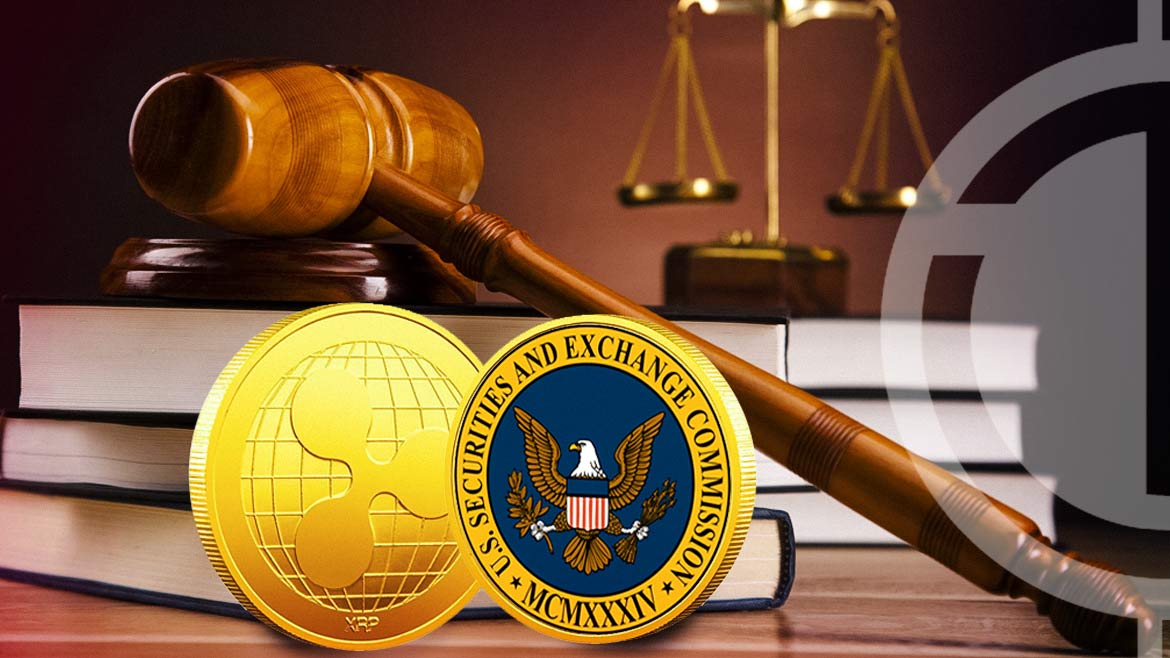- A 2018 internal memo from SEC enforcement lawyers did not recommend any action against Ripple for its sale of XRP tokens.
- Legal expert Bill Morgan criticizes the SEC’s approach to digital assets, arguing that it overlooks the intrinsic value of cryptocurrencies like XRP.
- Deaton’s comments imply that the SEC’s enforcement lawyers were uncertain about XRP’s classification.
In a pivotal development that could reshape the ongoing legal battle between Ripple and the U.S. Securities and Exchange Commission (SEC), attorney John E. Deaton reportedly disclosed a 2018 internal memo. This memo from SEC enforcement lawyers did not recommend any action against Ripple for its sale of XRP tokens. This revelation raises critical questions about what Ripple executives might have known regarding potential violations of securities laws.
In a separate post, Deaton discussed details of the memo in question, stating:
One of the lead prosecutors for the SEC stated in a memo or during oral argument (I can’t recall which) that by the time of the June 14, 2018 speech Garlinghouse and Ripple were aware of the SEC’s investigation. The SEC attorney stated this to minimize Ripple’s reliance on the…
— John E Deaton (@JohnEDeaton1) August 27, 2023
The undisclosed memo, dated June 13, 2018, has become a focal point in the case. According to Deaton, the memo suggests that SEC enforcement lawyers were not convinced that XRP should be classified as a security.
This is particularly significant given that by that date, Ripple had already submitted three years of XRP sales data to regulatory bodies like the CFTC, SEC, and FinCEN. The memo’s existence raises questions about the SEC’s evolving stance on Ripple, especially given the three years of amassed XRP sales data and Ripple’s presentations to regulatory bodies.
Legal expert Bill Morgan has also criticized the SEC’s approach to digital assets. Morgan argued that the SEC’s focus on intrinsic value simplifies its job in applying the Howey Test, a legal framework for determining what constitutes an investment contract. He contends that this perspective overlooks the intrinsic value that digital assets like XRP could possess based on their functionality and utility.
In response to Morgan’s critique, Deaton clarified his position. He stated that the memo did not conclude that XRP is not a security but rather did not recommend any action. This implies that even the SEC’s enforcement lawyers were uncertain about XRP’s classification as a security at that time. If they had been certain, they would have recommended enforcement action, adding weight to Morgan’s critique of the SEC’s approach.
On the financial front, XRP has been struggling to break the $0.55 resistance level, largely due to prevailing bearish sentiment in the market. Santiment’s Network Value to Transaction Volume (NVT) ratio, a key on-chain metric, has surged recently, indicating growth in underlying economic activity relative to the price downtrend.
The SEC, meanwhile, has recently filed a request for an appeal and informed the court that it is available for trial in April, May, and June of 2024. This development indicates that the legal battle is far from over and retains its complexity.






